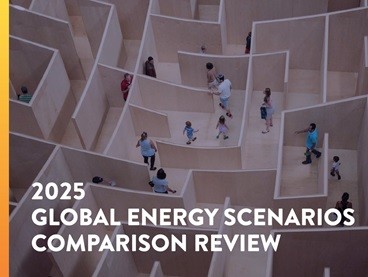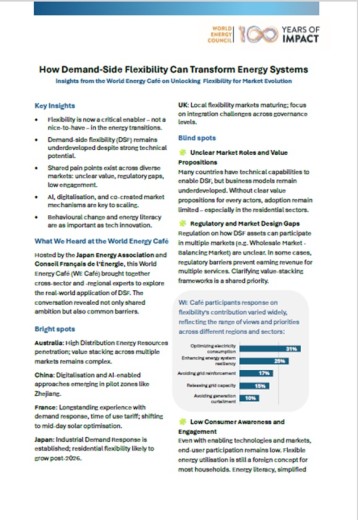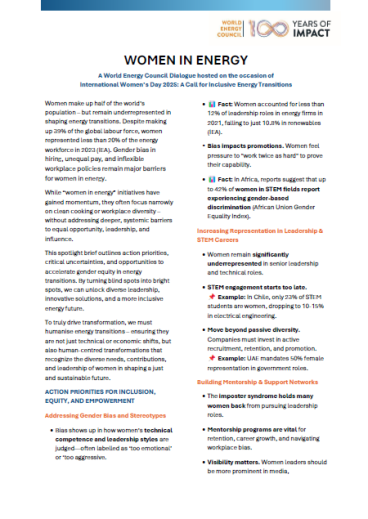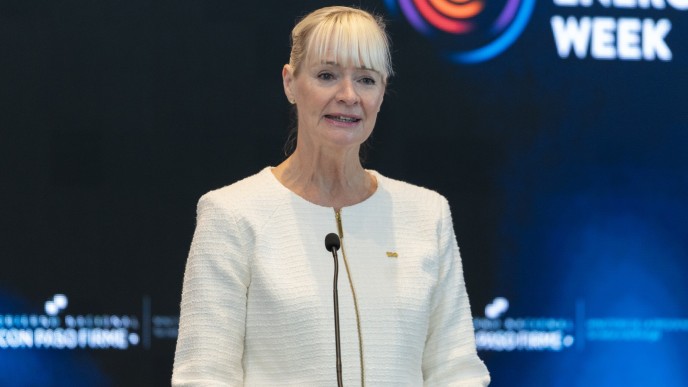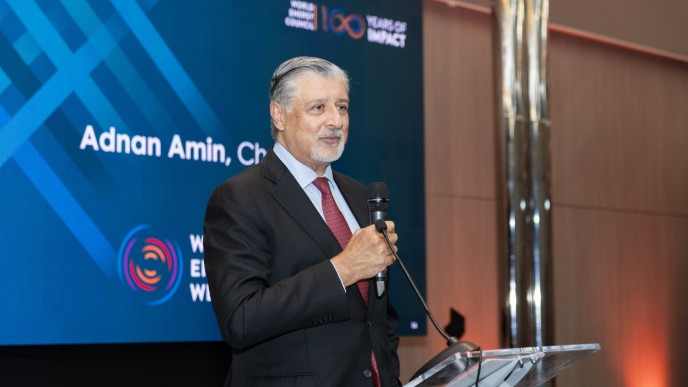At the event the early findings of the latest World Energy Council report, ‘The road to resilience–managing the risks of the energy-water-food nexus’ were presented by Christoph Frei, Secretary General of the Council. The report highlights a predicted 40% shortfall of available water across the globe by 2030 with effects not just for drinking, food production, hygiene and public health, but also for 98% of global electric power generation.
Supported by a task force of over 140 experts from across the world, the report makes five recommendations:
-
Improve understanding of the water footprint of energy technologies in order to mitigate the risks of stranded assets.
-
Account for the ‘price’ of water, particularly in areas of water stress.
-
Consider a wider range of financial and insurance instruments to hedge short term risks such as adverse weather incidents and associated electricity price volatility.
-
Give investors the confidence to invest by providing them a full risk assessment that includes different climate and hydrological scenarios in financial analyses.
-
Provide a reliable and transparent regulatory and legal framework that takes into account water issues and competing stakeholders’ interest.
“Clear co-ordination and integrated planning needs to take place now, or we will start to see the effects of water scarcity on energy supplies in the very near future. Assuming a water price during project planning is one way to trigger the right signals.
“If we are to counter the problems of water access, then cross-border co-operation is vital. We should be taking full advantage of the 261 international trans-boundary basins that cover 45% of the earth’s land surface. Energy resilience can only be achieved by moving from individual to joint efforts.”
Christoph Frei added:
“To promote infrastructure resilience, policymakers and investors need to create a framework which provides the incentives for adapted infrastructure design and needed financing mechanisms.”
‘The road to resilience – managing the risks of the energy-water-food nexus’ will inform the Council's support for the work of the Asia Pacific Economic Cooperation (APEC) Energy Working Group. The report is the second in a series of reports that assesses the financing of resilient energy infrastructure and identifies the investment and systemic changes required to combat new emerging risks including extreme weather, the energy-water-food nexus and cyber risks.
During the following panel discussion with Vincent Tidwell, Distinguished Member of Technical Staff, Sandia National Laboratories, US, Frei said: “Water security will always trump energy”.
Christina Bu, Secretary General, Norwegian Electric Vehicle Association spoke about the future role of e-mobility. She said: “Electrifying the passenger car fleet is the single most effective measure to reduce greenhouse gas emissions. Norway's plan for 2017 is to have 2 charging stations every 50km on main roads.”
In another presentation from Bryna Lipper, Vice President Relationships,100 Resilient Cities, USA, spoke about smart and resilient cities and transforming design.
-
For more information on the World Energy Council New Zealand member committee visit their website http://www.bec.org.nz/



